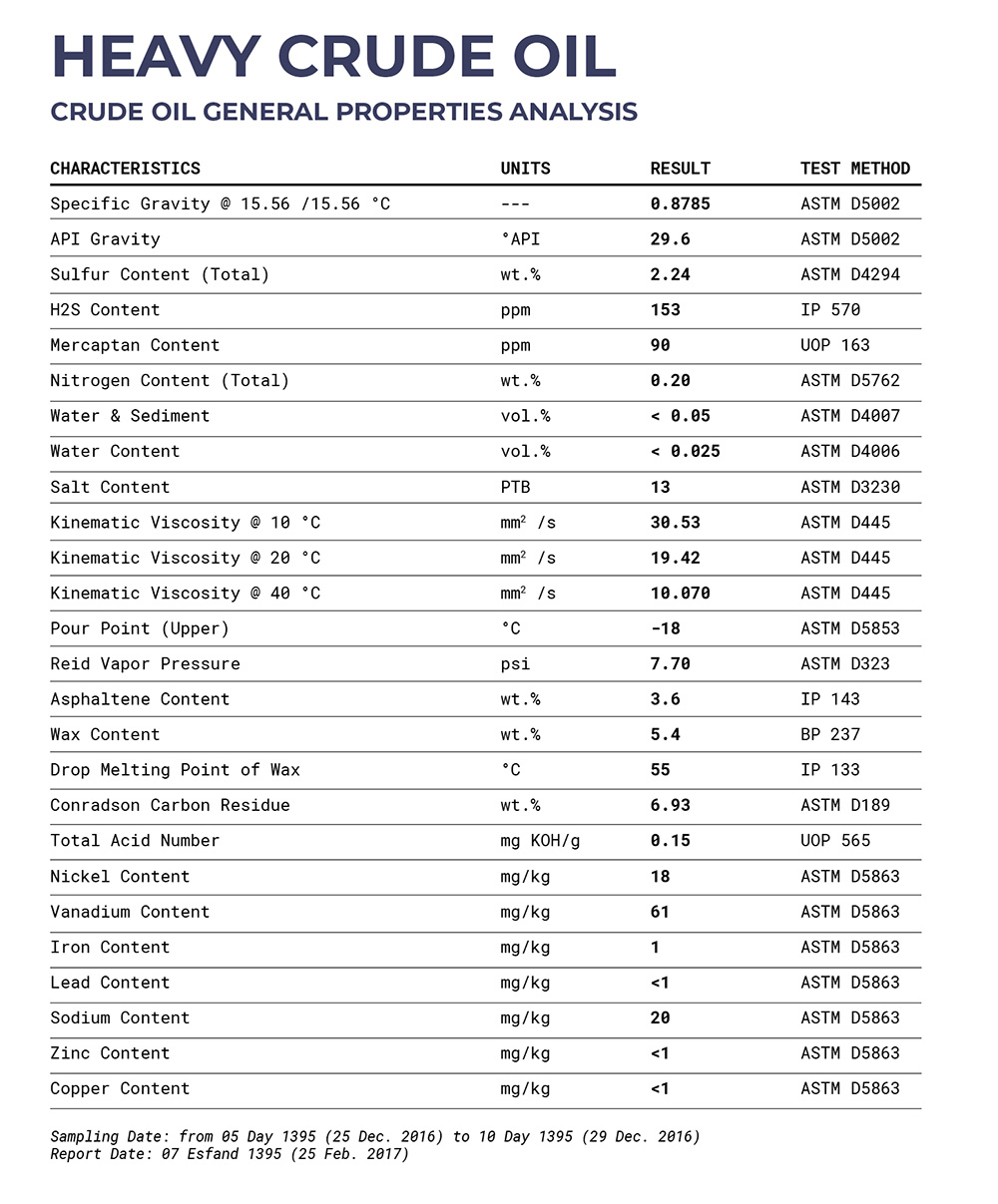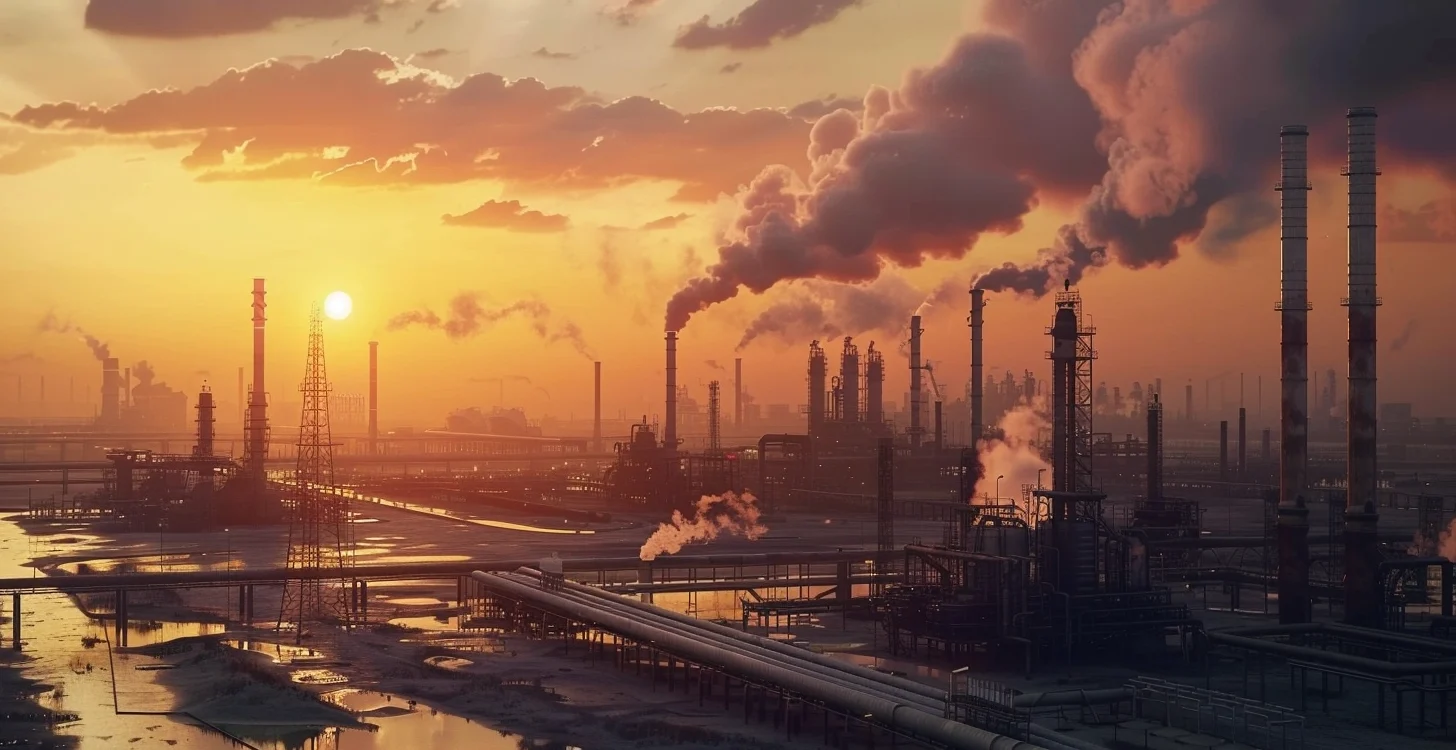
What is Crude Oil?
- Fossil Fuel: Crude oil is a naturally occurring, unrefined liquid petroleum. It’s a complex mixture of hydrocarbons (compounds mainly made of hydrogen and carbon) along with trace amounts of other elements like sulfur, nitrogen, and oxygen.
- Formation: Formed over millions of years from the decomposition of ancient marine organisms (plants and animals) that were buried under layers of sediment and subjected to heat and pressure within the Earth’s crust.
Types of Crude Oil
Crude oil varies significantly in its properties depending on its origin and composition. It is generally classified based on:
- Density/API Gravity:
- Light crude oil: Higher API gravity (>31.1° API), flows more easily, generally preferred for refining.
- Medium crude oil: (22.3 – 31.1° API)
- Heavy crude oil: Lower API gravity (<22.3° API), more viscous and difficult to extract and refine.
- Sulfur Content:
- Sweet crude oil: Low sulfur content (<0.5%), favored due to fewer environmental impacts.
- Sour crude oil: High sulfur content (>0.5%), requires more advanced refining processes.
Key Crude Oil Benchmarks:
- West Texas Intermediate (WTI): Light, sweet crude oil sourced from the U.S., a primary benchmark for North American oil prices.
- Brent Blend: Light, sweet crude oil from the North Sea, an important benchmark for Europe and other regions.
- Dubai Crude: Medium, sour crude, significant benchmark for Middle Eastern oil.
Uses of Crude Oil
Crude oil is the raw material for numerous products that power our modern society:
- Fuels: The largest use is in fuels like gasoline, diesel, jet fuel, and kerosene – fueling transportation and industry.
- Petrochemicals: Crude oil is the building block for plastics, fertilizers, solvents, and many other industrial chemicals.
- Other Products: Asphalt, lubricants, waxes, and countless other products rely on crude oil.
Economic and Geopolitical Importance
- Critical Energy Source: Crude oil and its derivatives continue to be the backbone of global energy infrastructure.
- Market Dynamics: Oil prices are affected by a complex web of factors including supply and demand, geopolitical tensions, OPEC (Organization of Petroleum Exporting Countries) interventions, weather events, and speculation.
- Geopolitical Power: Oil-rich nations often hold significant leverage due to their importance in the global energy landscape.
Environmental Considerations
- Greenhouse Gas Emissions: The extraction, refining, and combustion of petroleum products are major contributors to greenhouse gas emissions and climate change.
- Oil Spills: Exploration, transportation, and oil spills present serious environmental risks.
- Transition to Renewables: There is a global push for shifting the energy balance towards renewable sources to lessen reliance on fossil fuels like crude oil.








